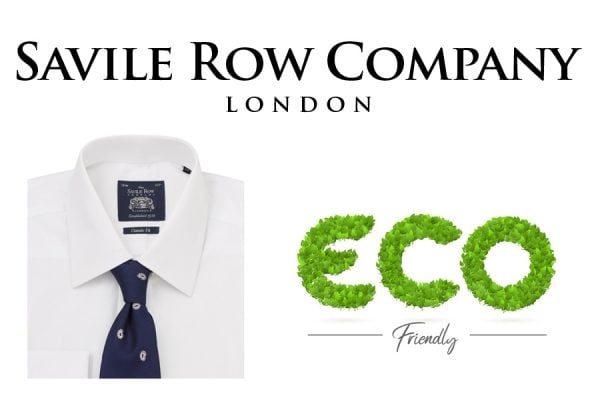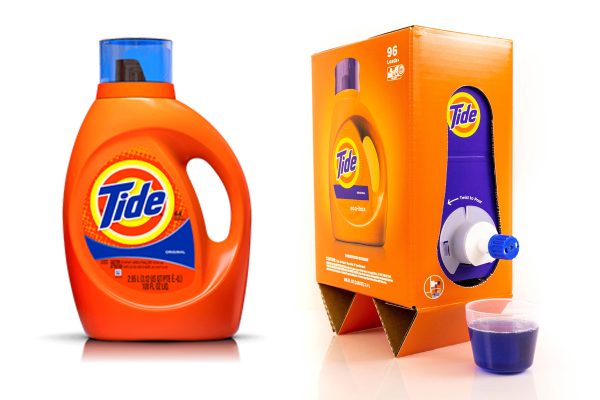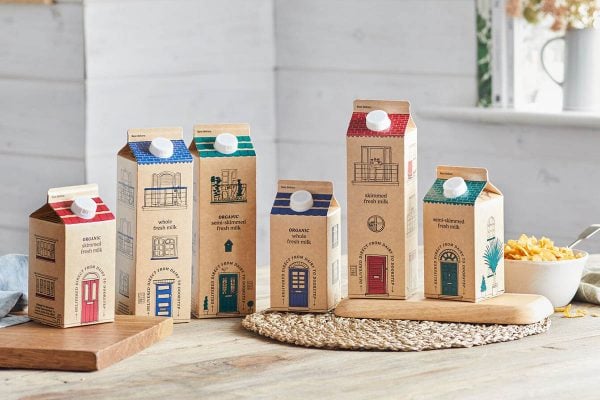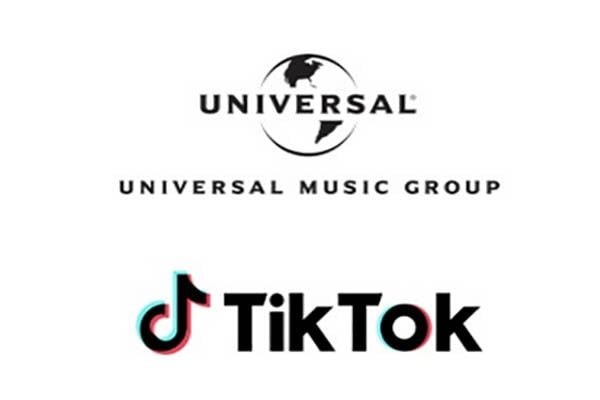Issues surrounding the green credentials of eco-packaging and possible green alternatives have been very much under the spotlight recently. France is making legislative moves to remove plastic from the supply chain and the UK is also considering new rules to further limit the use of plastic bags by doubling the cost of a plastic bag in the shops.
That charge has been enormously successfully: plastic bag use in supermarkets has been reduced by 80%. And with TV documentaries and other news media considering plastic use, Sir David Attenborough has been a key clarion, spreading the word about the environmental impact of plastics has found popular support.
But what exactly is eco-packaging? There isn’t a code of practice or gold standard here but it can involve various products. Green packaging could be made from sustainable sources of raw material, it might be easily recycled or made from recycled materials, or if it is plastic, or a plastic alternative, then it will be biodegradable or reusable. But mostly it’s about the blurb.
But none of that considers the carbon cost that creating the new innovative materials can involve or other factors like the expense to local communities or pollution involved in production. For instance, green alternatives can be hugely problematic when it comes to their manufacture. Did you know that you need to use a cotton bag 150 times before it is ‘carbon equal ‘with a plastic bag?
On recent posts related to this topic, some merchants have commented along the lines of “they want green packaging, they don’t want to pay for it and they aways want more bubble wrap.” And that might get to the crux of the issue.
Firstly, is there demand? Does eco-packaging sway shoppers? It’s hard to discern whether it’s a deal breaker or maker. And if there is demand, are people willing to pay for that choice? We’d love to hear your perspectives.







2 Responses
“Did you know that you need to use a cotton bag 150 times before it is ‘carbon equal‘ with a plastic bag?”
– I did not, and i assume that’s for one of the skinny plastic bags, not the Ten-times-thicker ‘bags for life’ we have to pay for now, because there’s no other option at the supermarkets.
– And i bet that statistic assumes that you only ever use a plastic bag once, rather than keep it under the sink, store your packed lunch in it a few times, and eventually use it as a bin liner.
– factoring these assumptions to the original 150x means your cotton ‘Bag for life’ would need to be with you for literally all of your life, on every shopping trip, and probably still works out worse for the planet that normal plastic bag use.
I bought a big cotton bag for exactly this purpose.
it came with a thick plastic removable base, for sturdiness, which i hadn’t noticed until after i bought it. revolutionary thinking by the designers there.
for the amount of times i have it with me, and remember to take it out the boot and use it, i’ll need to hand this down to my 5th generation, long after i’m dead, for it to have been a sound ecological move.
Did you also know, that all of the dispatch notes with integrated labels have a silicone patch and are not recyclable? They have to go into landfill, even if they are made with recycled paper! I did not and I’ve been selling these for years.
Also, if the parcel goes out with a thermal label on, that label has usually been removed from a silicone backing sheet left at the DC. This also goes into landfill.
This may be blatant self-promotion or simply making folks aware that; THERE IS AN ALTERNATIVE. Our Eco Label sheet is 100% recyclable, does the same job and an integrated label sheet an is probably the same cost https://www.eco-label.co.uk/